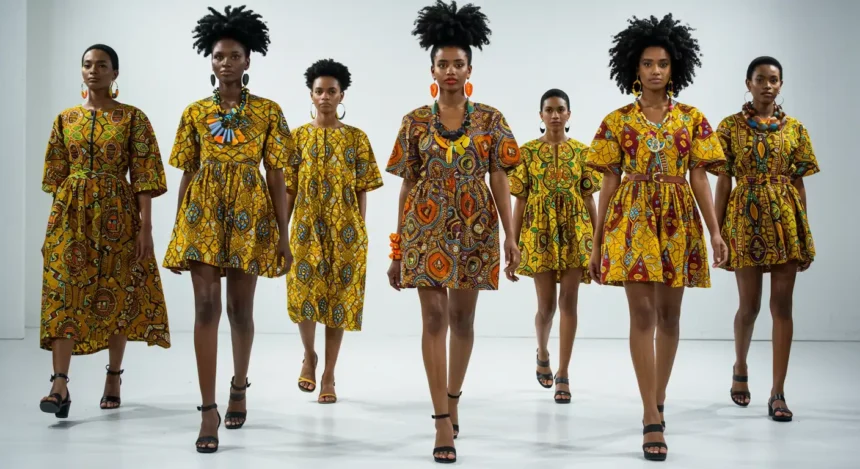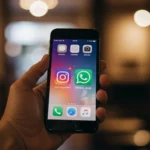Across African cities, the sidewalks have become catwalks, and Gen Z is leading the charge in turning fashion into an everyday revolution. This generation isn’t just wearing clothes; they’re making bold statements about identity, freedom, and cultural pride. The result? A dynamic shift in African fashion where streetwear, gender-fluid silhouettes, and local craftsmanship collide in visually striking ways.
At the heart of this movement is a growing roster of digital-native fashion brands and influencers. Think Orange Culture, Lagos Space Programme, and Dye Lab, all of which are blending traditional African aesthetics with contemporary design language. Their founders are mostly young creatives who grew up online, soaking up global trends but grounding their work in African stories.
“I don’t design clothes for just men or women,” says Adebayo Oke-Lawal, founder of Orange Culture. “I design pieces that tell stories. Stories about vulnerability, about culture, about the freedom to be.” This ethos resonates strongly with Gen Z consumers who see fashion as more than utility, it’s personal branding.
Social media platforms like Instagram, TikTok, and Pinterest have become critical runways for young fashion entrepreneurs. Hashtags like #AfricanFashion and #MadeInNigeria are driving discoverability, while short-form videos showcase everything from design process to runway-ready transformations.
One example is 24-year-old stylist and influencer, Ifeoma Amadi (@faythfashion), who uses TikTok to recreate celebrity red carpet looks using thrifted or local-market fabrics. Her videos, some with over 200,000 views, are helping democratize fashion while giving visibility to local tailors and DIY creatives.
Fashion weeks in Lagos, Accra, and Nairobi are also giving platform to Gen Z designers who are breaking old molds. The 2024 Lagos Fashion Week featured several young designers under 30, many of whom presented collections that mixed Ankara with denim, sportwear with agbada, and recycled plastic with batik prints. Sustainability and innovation are now key pillars of African fashion.
E-commerce platforms like The Folklore and Afrikrea are making it easier for these young brands to reach international buyers. Combined with the rise of crypto and fintech in Africa, many of these entrepreneurs are setting up digital storefronts and receiving payments via mobile wallets, making cross-border sales easier than ever before.
But it’s not just about selling clothes. Gen Z fashionpreneurs are also building movements. Brands like Pepper Row and Emmy Kasbit are incorporating mental health and social activism into their branding, something that speaks deeply to the values of youth audiences.
The skincare boom among African youth also intersects with fashion and identity. Local skincare brands like SkinByZaron and R&R Luxury are promoting self-care narratives rooted in African ingredients like shea butter, moringa, and black soap. TikTok trends like “Get Ready With Me” (#GRWM) have made skincare rituals part of the daily visual culture.
“Fashion, skincare, and grooming are now fused into one lifestyle stream,” says Fashion and image professional Chidinma Anolefor. “For today’s youth, how you look impacts how you feel. And how you feel means so much as it defines how you show up in the world.”
And Gen Z isn’t waiting for validation from the West. With a strong “buy local, support Black” mentality, they are reshaping what it means to be stylish, and African. The future of fashion in Africa isn’t in Paris or Milan. It’s on the streets of Surulere, Instagram Lives from Nairobi, and TikTok transitions filmed in Johannesburg.
This movement is loud, unapologetic, and undeniably African. It’s powered by youth, technology, and an unshakeable sense of cultural confidence. Welcome to the new era of African style, defined, designed, and dominated by Gen Z.







